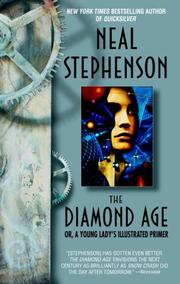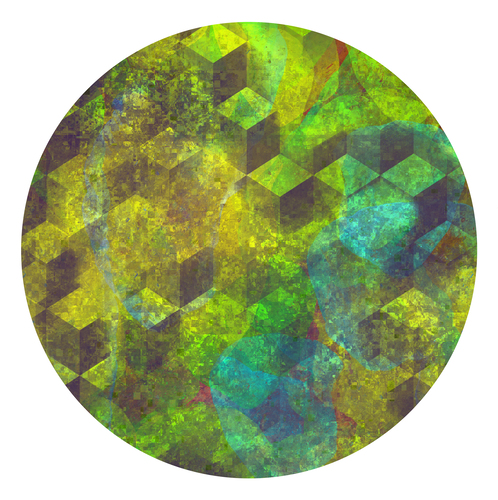On The Diamond Age: Or, a Young Lady's Illustrated Primer
Posted by Jack on 2018-12-12 at 18:00Tagged: books , scifi

| Title | The Diamond Age: Or, a Young Lady's Illustrated Primer |
| Author | Neal Stephenson |
| Published | 1995 |
| ISBN | 9780553380965 |
Stephenson is one of my favorite sci-fi authors. I loved Snow Crash, Anathem, and Cryptonomicon. I had less of a taste for the Baroque Cycle books (although I've been meaning to give them a re-read), but The Diamond Age is easily my favorite of his novels so far.
If Snow Crash was Stephenson's breakthrough into hardcore science fiction, The Diamond Age is really a beautiful midpoint between it and Cryptonomicon. Where Snow Crash was imaginative and fun to read if relatively simple, and Cryptonomicon was brilliant despite being the beginning of his sometimes tediously verbose and tangent-prone stage, The Diamond Age is just the right balance of complexity, sweeping scope, mind-bending technology and interesting characters.
It's actually sort of shocking to me that this book was published in 1995. Stephenson's ideas about technology still feel fresh 23 years later. From the "matter compilers" being echoed (poorly) in modern 3D printers, to intensely distributed systems and heavy crypto that pre-date things like BitTorrent and Bitcoin, to even farther future ideas like the implications of designer nanotech that can carpet the world searching, or building, or killing, or defending. Stephenson also bravely looks at the next permutations of human organization and society. I was especially fascinated by the Drummers and their hivemind orgy of computation, as well as the Reformed Distributed Republic that is creedless and amorphous but anchored to each other through randomized trust exercises. These are the ideas I read science fiction for and in true Stephenson fashion they are well grounded in reality. For example, one of the final stages of the main character, Nell's, education is based in Turing machines that form the foundation of modern computers, as well as the future nanotech. The crypto and routing ideas woven into the other tech all ring true. The result is when Stephenson makes a more fantastic reach (e.g. cities floating on air, or disposable chopsticks made of animated screens) the reader is more than happy to accept that it's not just possible, but an inevitable consequence of the technology.
I don't want to give a rote plot summary, but in the midst of this technology Stephenson still weaves a story that is engaging and compelling. To be honest though, despite the fact that it ends well, Stephenson's characters are never the main event to me, and almost always tend to feel like expository devices. This isn't a criticism, I view it more as the product of the scope of his work. The characters still grow and change over the 20 year timeline, but at the end of the story I was much more interested in the repercussions in the world rather than the specific outcomes. I felt for Nell, I rooted for her, but her story is mostly that of the Chosen One, despite being grounded in technology and chance rather than prophecy. The other characters were sympathetic and fine, well realized, but mostly served their purpose and then collected at the end to be eyes on the Battle of Shanghai. I'm mostly referring to Carl Hollywood and Miranda (and Bud, Judge Fang et. al. in different ways) but even Hackworth, who is as close to a second main character as we get, instigates the initial plot by creating and counterfeiting the Primer, and then checks out for half the timeline (while with the Drummers) only to return with selective amnesia as a vector to explain and effect the Celestial Kingdom's endgame.
Regardless, The Diamond Age is a masterpiece of science fiction and was really hard to put down once I got far enough into the story to get hooked.
